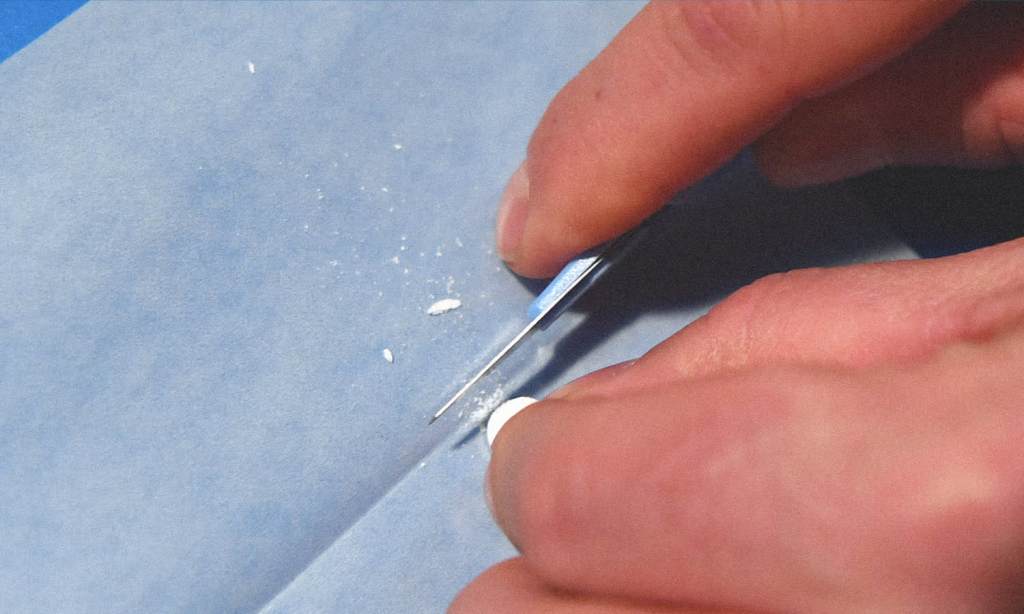Last month, Australia’s first-ever, government-back drug testing service went into action. Canberra’s fixed-site CanTest health and drug checking clinic was established after a long campaign over the safety of drug use in the capital, part of a broader national argument about pill testing which the rest of the country still seems to be dragging its heels on.
In the first month, CanTest examined 58 different samples of substances that people supplied and the results are fascinating.
The researchers found that only 60% of the ‘cocaine’ people had bought and brought to get tested actually contained any cocaine at all. Of the bags that did, the average purity level of the drug was just 27%.
All of the samples of heroin brought to CanTest contained heroin, however, the purity of the drug ranged from 31% to 63%. Thankfully, fentanyl, which has been tied with soaring drug overdose rates in the US, was not detected in any samples.
19 samples of MDMA were tested with 13 containing the drug although purity ranged from 6% to 73%. The majority of ketamine samples — five out of seven — contained the substance. However, one sample of ketamine contained the drug fluorexetamine which CanTest warns is a relatively unknown substance.
The test results were analysed by scientists from The Australian National University. Previous research has found that drug testing can protect people who use drugs as well as intervene and provide reliable information so people can make informed decisions.
Associate Professor David Caldicott, who helped oversee and run the testing service, said people who attended reported feeling safe and respected, as well as receiving good and clear information.
“Through the CanTEST service we are engaging with a new generation of young consumers, many of whom have never sought advice on their drug consumption before now,” Caldicott said.
“For some, those decisions involve choosing not to consume the drugs that they have volunteered to have tested. For others, they may choose to use their drugs in a way that makes them less likely to be harmed. For all, CanTEST acts as the catalyst for a conversation that all of them deserve.
“The idea that Australia will ever be ‘drug-free’ is magical thinking from a bygone era; an era that has singularly failed in the goals which it espoused.”
The Latch has previously spoken to Caldicott on his work to decriminalise drug use in the ACT, legislation that went into effect earlier this year.
How Does Pill Testing Work?
According to drug treatment service Directions Health, which operates the CanTest drug testing service, a “very small scraping” of the drug supplied is put through a machine for chemical analysis. Within 20 minutes, results come back, revealing exactly what a substance contains.
This machine is known as an FTIR spectrometer which uses infrared light to measure the wavelength of chemicals in a sample. The results are then compared with a comprehensive library of existing drugs to give an incredibly accurate determination for what a drug sample contains.
When people turn up to the service, they are asked to sign a waiver stating they understand the limitations of testing and that no drug consumption is safe. No identifying information is taken and drugs can be disposed of on-site. ANU researchers said that 18 of the 58 samples taken were discarded as people chose not to take substances that could have been dangerous.
Individuals likely won’t be arrested for using the testing service. ACT Health states that; “While the police can always enforce the law, ACT Policing supports harm minimisation and health protection initiatives such as drug checking”.
Related: Why the ACT Plans to Decriminalise Small Amounts of Illegal Drugs
Related: NSW Government Rules Out Decriminalising the Possession of Illicit Drugs
Read more stories from The Latch and subscribe to our email newsletter.







